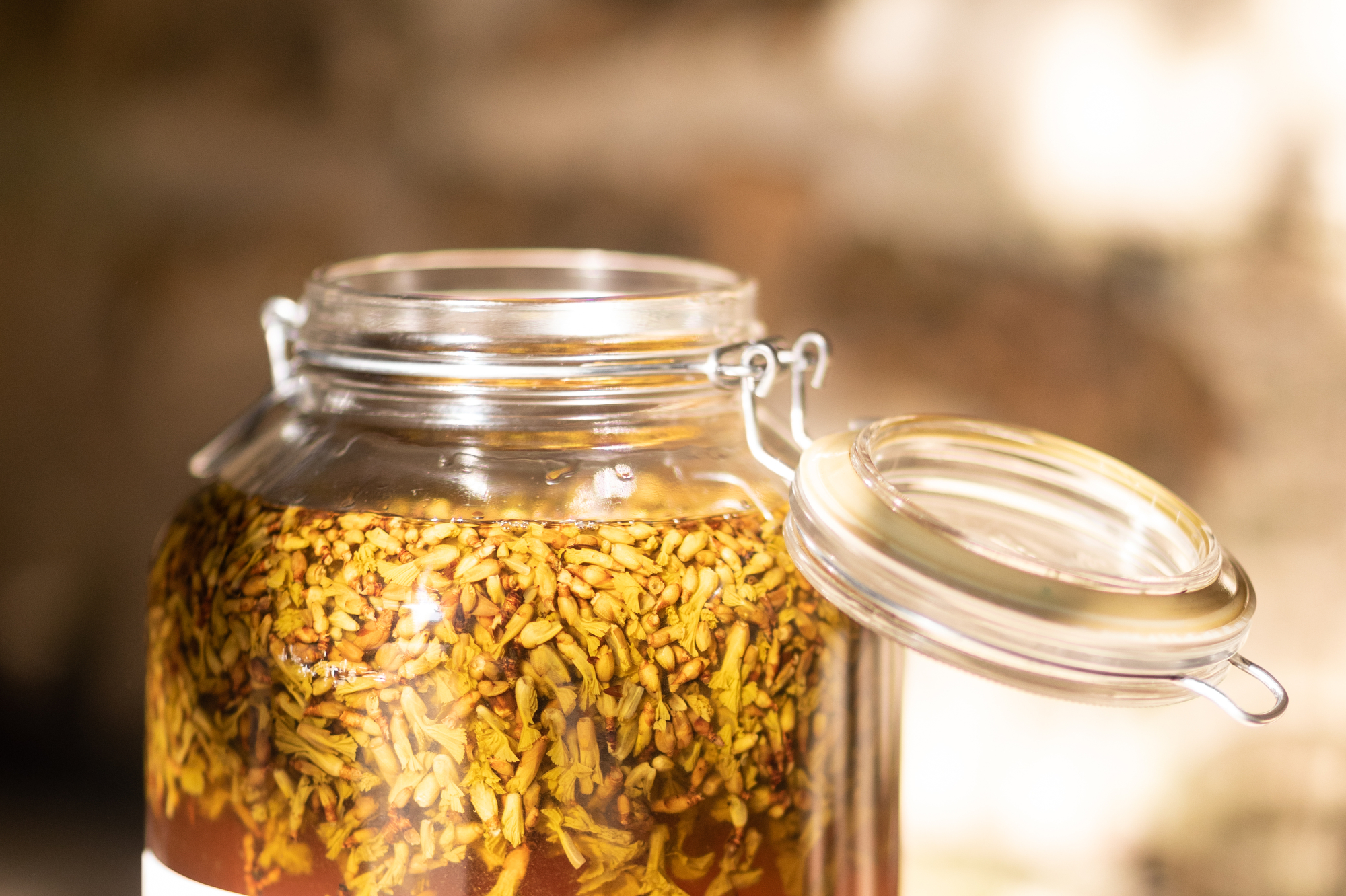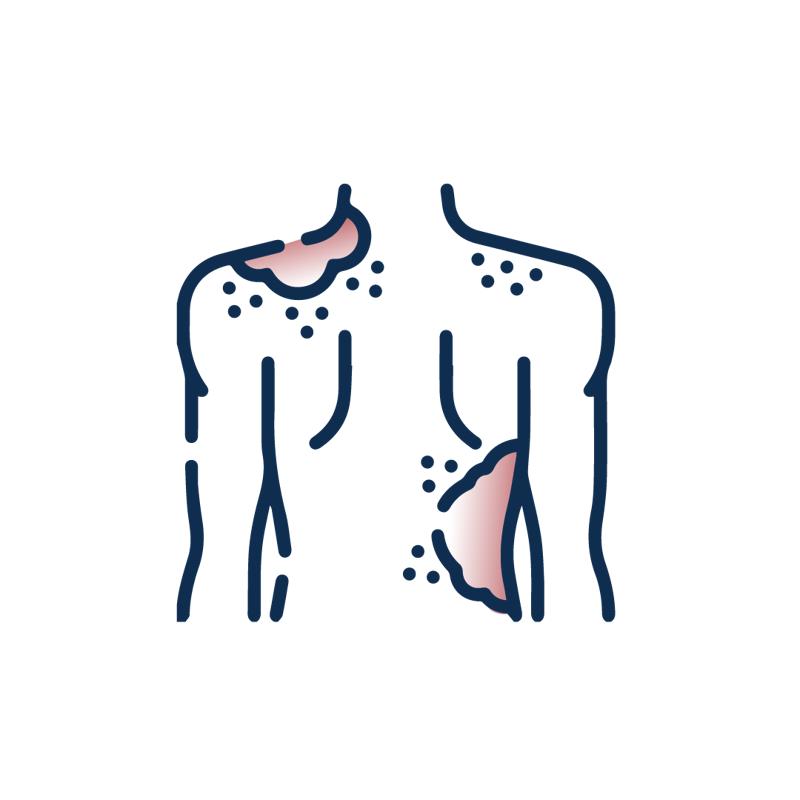The plant

Plant part: Leaf
Origin: South Africa
This "tea tree", which has no kinship with tea is a thorny, purple or white flower shrub, which grows in the wild in the swampy areas of Australia and New Zealand. It was an Englishman, James Cook, who called this "Tea Tree" plant because he used it to replace his tea. The Aborigines chewed their leaves, made her herbal teas and poultices. The antiseptic properties of Tea Tree essential oil have been known for a long time. Relegated to the background by the massive use of synthetic antibiotics, she returns to the front of the stage today. Tea Tree essential oil is very versatile and has no contraindication.
What are the benefits of Tea tree
Tea tree, with its antiseptic and antibacterial properties, is a valuable ally in strengthening the immune system. By stimulating the body's natural defenses, it helps prevent infections and effectively fight colds and other seasonal illnesses. Additionally, tea tree is also effective against fungal infections, especially fungal infections of the skin and nails. By using it regularly, you can benefit from its multiple benefits to stay healthy and prevent common ailments.
The Products

Essential Oil Tea Tree
Tea Tree (Melaleuca Alternifolia) essential oil is a certified biological product with full traceability. Cultivated in South Africa, this oil is recognized for its multiple therapeutic properties, especially antivirals, which make it effective against acne and flu.
Tea Tree oil can be used in inhalation to relieve nasal congestion and cold symptoms. In diluted gargling, it soothes sore throat thanks to its antibacterial and anti-inflammatory properties. It is also useful for...
See product











